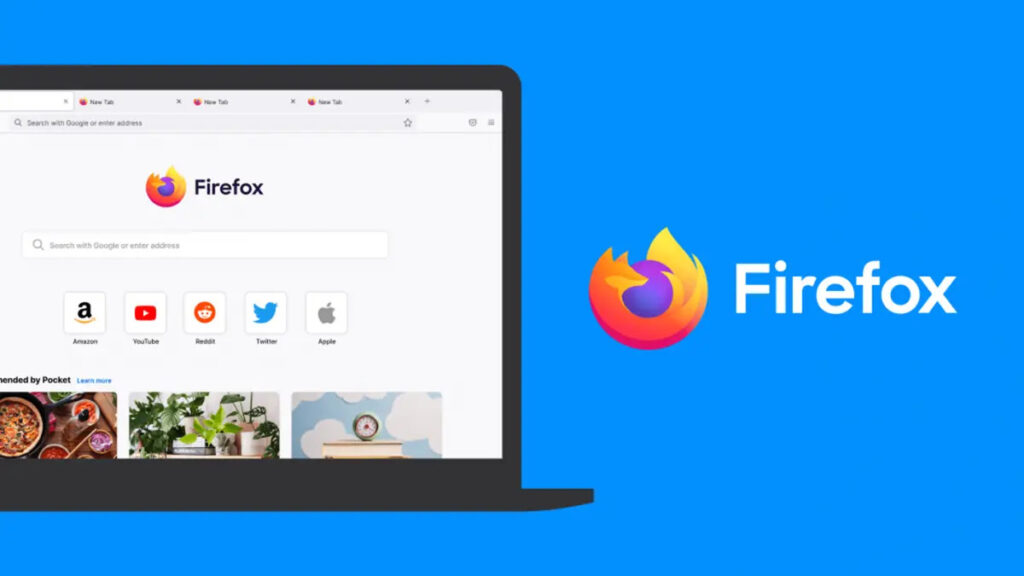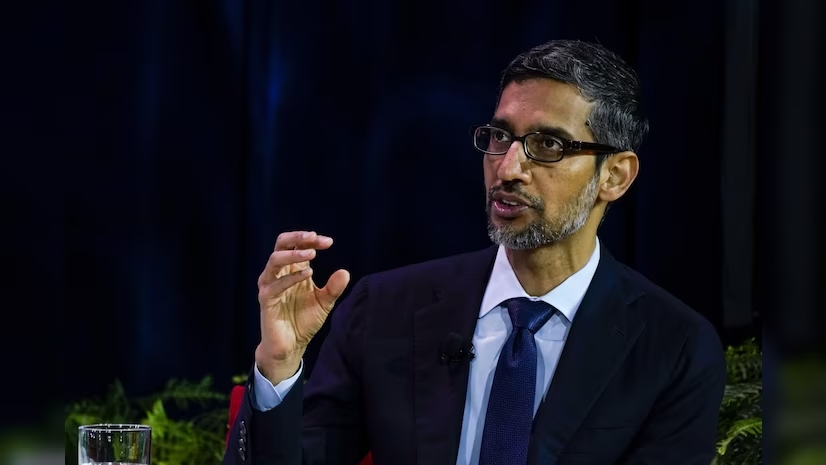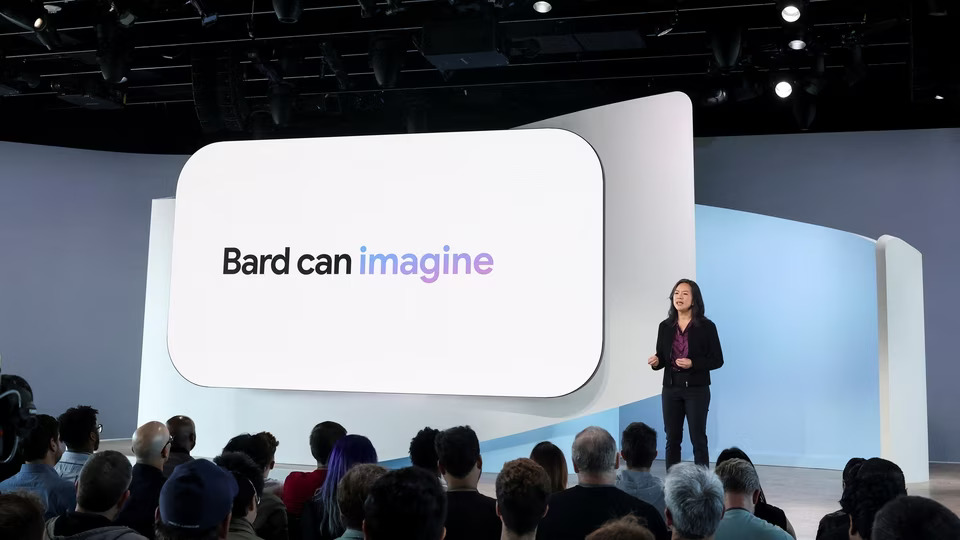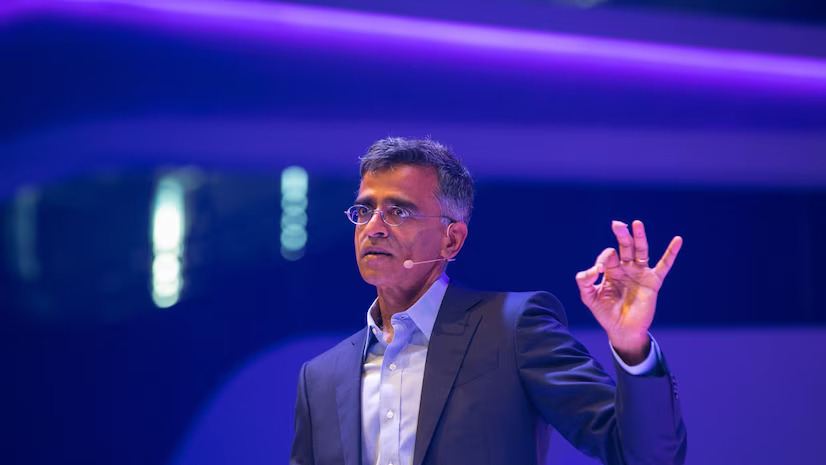Mozilla ‘Failed’ Bet on Yahoo Takes Spotlight in Google Trial
In 2014, Mozilla Foundation made a significant decision to change the default search engine in its Firefox browser from Google to Yahoo. This bold move was based on Yahoo’s promises of a better search experience for Firefox users. However, in hindsight, Mozilla’s bet on Yahoo can be considered a significant failure, resulting in a degradation of the user experience.
The Rise and Fall of Mozilla's Yahoo Experiment
Mozilla’s Chief Executive Officer, Mitchell Baker, candidly admitted the failure of the Yahoo partnership during a videotaped interview from 2022, which was presented as part of Google’s defense in the Justice Department’s antitrust trial. This decision to switch to Yahoo’s technology was initiated under the leadership of Yahoo’s CEO at the time, Marissa Mayer, who pledged to make a substantial investment in Mozilla.
However, as Mitchell Baker emphasized, “That bet failed.” The once-promising search experience Yahoo was supposed to provide to Firefox users began to deteriorate. This significant shift in default search engine providers marked a unique case in the browser industry, making it a focal point in the ongoing antitrust trial between Google and the Justice Department.
The Broken Promises of the Yahoo-Mozilla Partnership
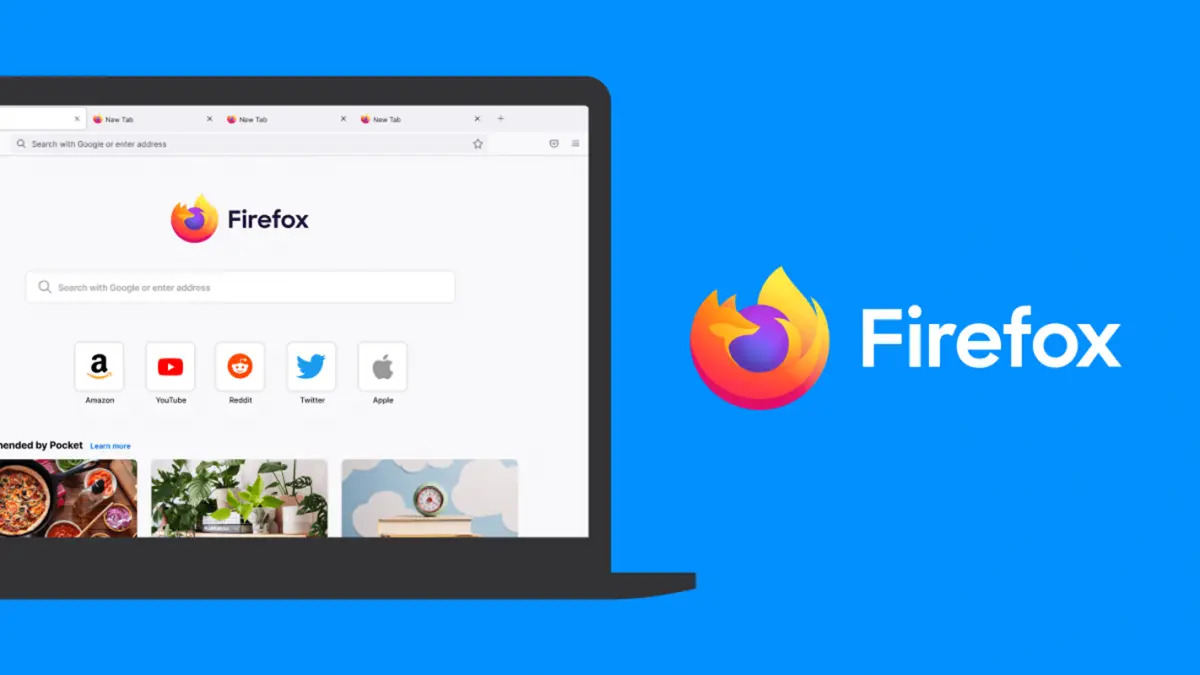
Image Source: theedgemalaysia.com
One of the primary reasons behind Mozilla’s decision to switch from Google to Yahoo was the financial incentive. Yahoo agreed to pay Mozilla a minimum of $375 million, surpassing Google’s annual offering of $276 million. Additionally, Yahoo promised to reduce the number of ads and offer less user tracking compared to Google. These promises were appealing to both Mozilla and its users.
However, as time passed, Yahoo failed to live up to its commitments. Instead of providing a better user experience with fewer ads and reduced tracking, Yahoo began showing more advertising, ultimately diminishing the quality of the search experience for Firefox users. This shift in Yahoo’s approach not only affected Mozilla’s revenue but also resulted in a less desirable browsing experience for Firefox users.
In conclusion, Mozilla’s experiment with Yahoo as the default search engine in Firefox stands as a glaring example of a promising partnership that went awry. The decision to make a significant bet on Yahoo, based on their promises, ultimately resulted in a failed venture, leading to a deteriorated user experience and raising questions about the reliability of search engine partnerships in the tech industry. This case serves as a significant point of contention in the ongoing antitrust trial, with both Google and the Justice Department using it to support their respective arguments.

I am a law graduate from NLU Lucknow. I have a flair for creative writing and hence in my free time work as a freelance content writer.
